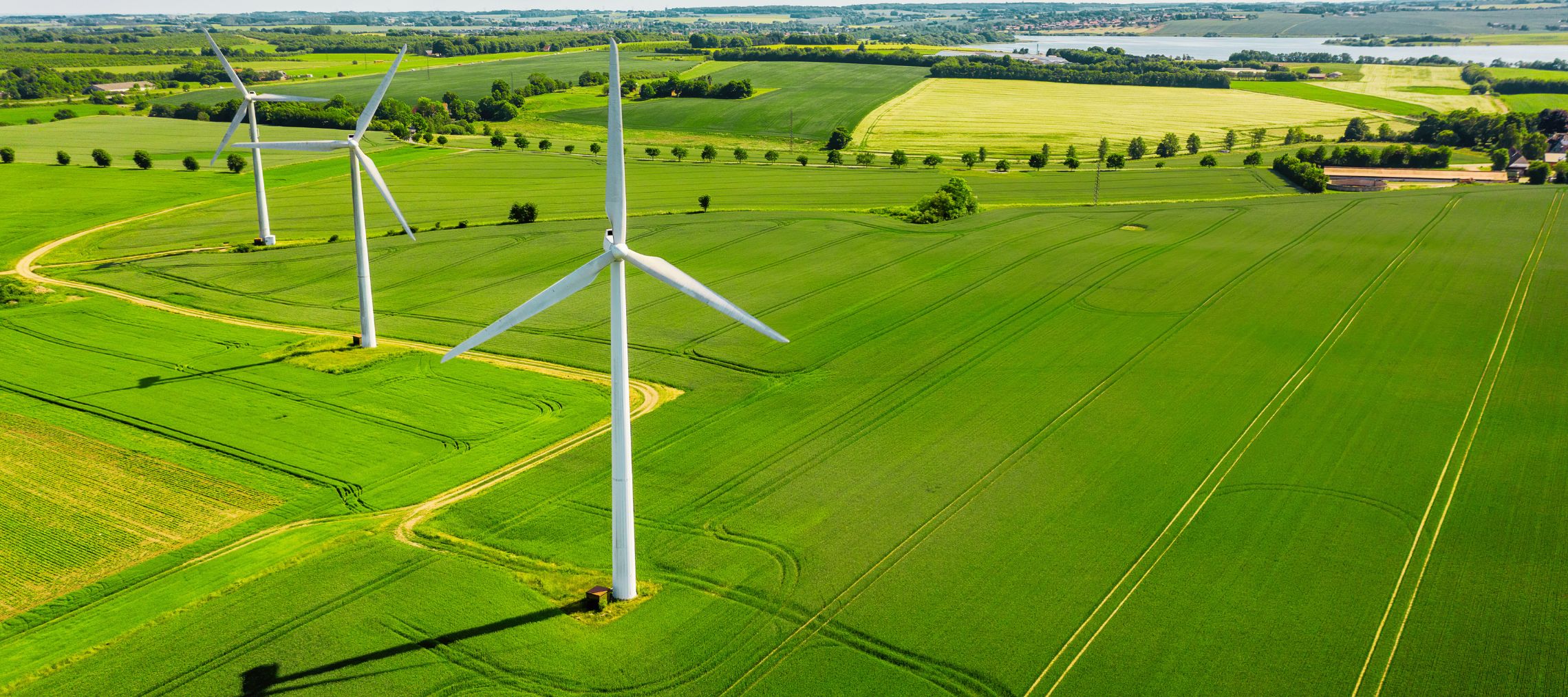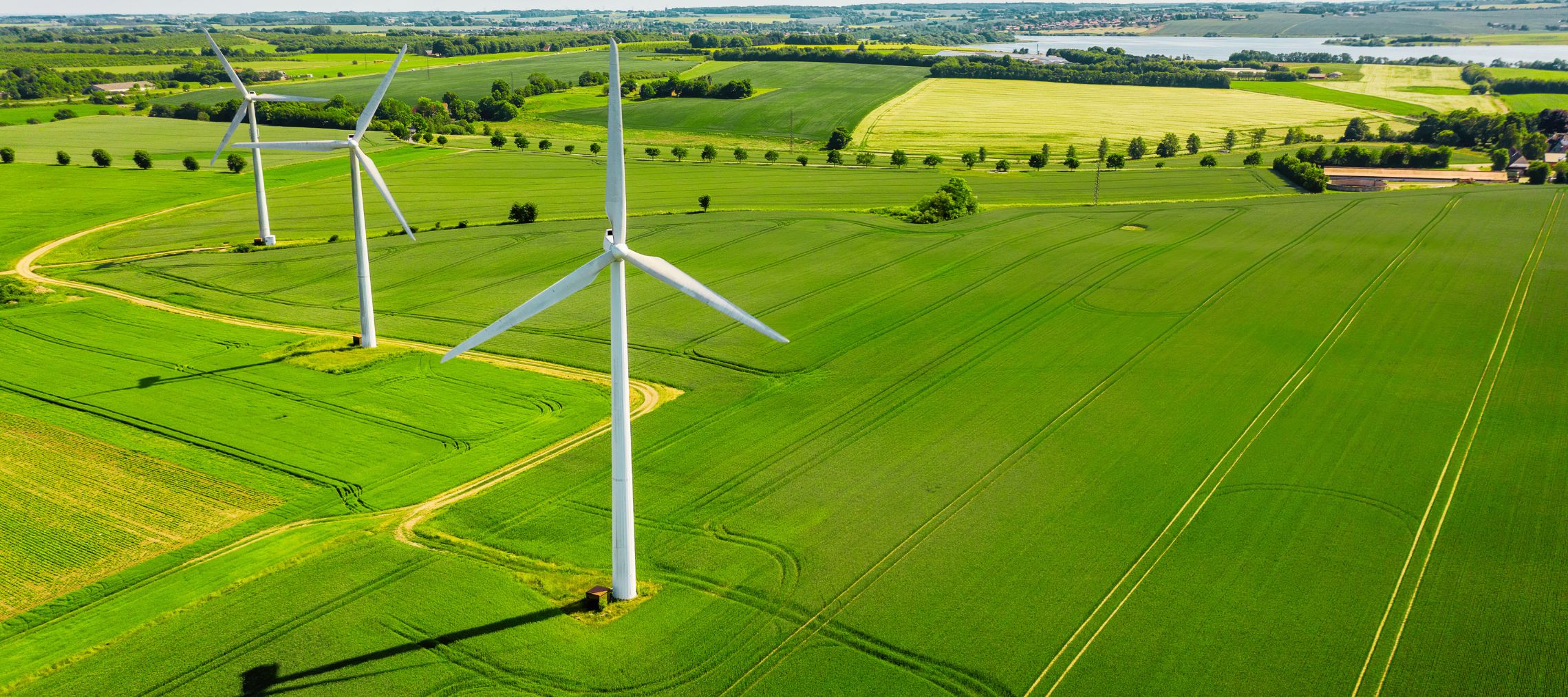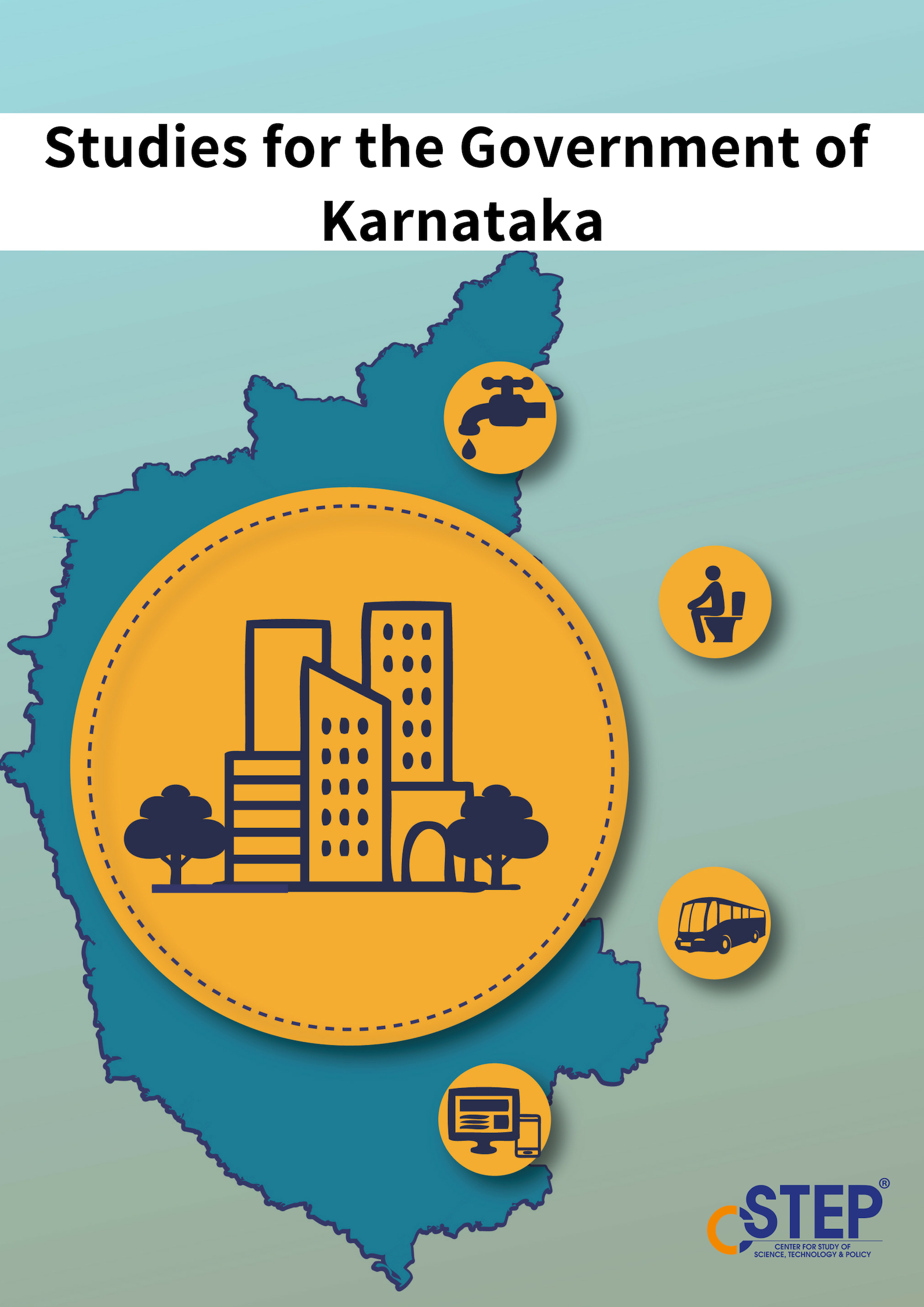Fossil fuels are deeply tied to electricity generation, industrial operations, and transportation among other crucial sectors and cannot be easily dissociated from energy use. CSTEP focuses on a greater integration of renewables and reduction of waste energy in such sectors. This includes working with utilities to improve rooftop solar penetration, mapping potential of various renewables across the country, and analysing energy usage of MSMEs to reduce their fossil fuel consumption.






The need for a pan India offshore wind atlas
Offshore wind trends are going to blow faster and steadier as compared to onshore wind. With a 7600-km coastline, India could become an attractive hub for offshore and wind investors in the coming years.
Smart grid can help electric vehicles tick
A synergy between smart grid infrastructure and EVs could enable utilities to work more effectively by managing the charging schedule, informing state transport agencies on EV charging status and keeping track of billing data through smart communication systems.
Smart Meters are the way to go
Integral to UDAY, smart meters can help discoms overhaul services. But picking the right technology is the issue.
It is critical to undertake infrastructure assessment studies related to supply chain, grid infrastructure and logistics
An interview to answer some key questions on offshore wind technology, policy and potential.
Is India prepared for offshore wind farm development
The offshore wind industry has significant potential as a long-term solution. However, with the current costs being high, we need to study the factors that will make it viable and plausibly cheaper in the years to come. Based on a preliminary examination of existing port infrastructure in India, it is evident that enormous reinforcement efforts will be required in order to service our future offshore wind energy projects along with establishing regulatory and institutional frameworks that will guide the local stakeholders.
Infrastructure preparedness for the development of offshore wind sector in India
Renewable energy technologies are witnessing a fast-paced growth globally at 8.33%, supported by government policy. Offshore wind technology,
although a recent entrant into the arena, has already witnessed a cumulative capacity of 8,771 MW in 2014, representing a sizeable 12.6% of the
annual EU wind energy market. This is expected to grow to 40 GW by 2020. The UK, Denmark, Germany, Belgium and China are currently the leading
countries in installing offshore wind turbines and expected to contribute to most of this growth in installed capacity.
Workshop on Strategies for Implementation of UDAY Scheme in Karnataka
Shakti Foundation and CSTEP jointly organised a workshop "Strategies for Implementation of UDAY Scheme in Karnataka " on 29th August 2017 in Bangalore.
UDAY Scheme: Implementation Strategies and the Way Forward
CSTEP with support from Shakti Foundation organised a workshop "UDAY Scheme: Implementation Strategies and the Way Forward"
Karnataka's Energy Mix: Computational Model for Energy Planning
This study looks into the impact of planned renewable energy addition, up to FY 2018-19, on the Karnataka grid.